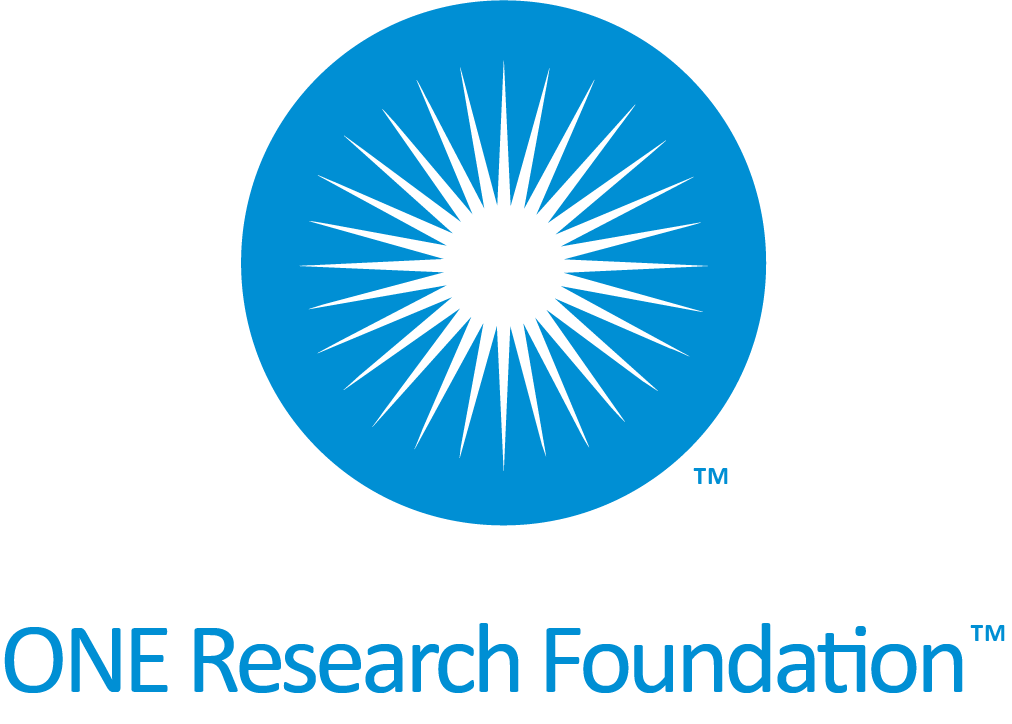The Significance of Gene Expression
/What effects if any does stress has on our Genes? A review of pertinent literature indicates the short answer is found in the world of Epigenetics – the science studying factors that affect how and whether certain genes are expressed without altering our genetic makeup.
A central component of the complex human biological stress response is the modulation of the neuro-endocrine-immune system, with its intricate feedback loops that support homeostatic regulation. Well-documented research on “gene expression” variability patterns reveal that while our life experiences don’t change our gene structure, they can determine much about how our genes work. This is evident in the Post Traumatic Stress response and the resulting gene expression markers for increased inflammation and decreased immune system response.
ONE’s new study will measure genetic expression in a variety of biological pathways, such as those related to immune function and inflammation, which will be particularly valuable for understanding the underlying mechanism of the NET intervention. We anticipate finding a significant change in the expression of genes that code for the inflammation response and immune system regulation.
Recent evidence suggests that similar programs that reduce stress and anxiety in patients may actually alter the expression of certain genes, which can be measured through blood samples. These genes regulate brain function, but also immunological and inflammatory processes.
If we are able to adequately document these changes, this study will truly be ground breaking on many fronts!






